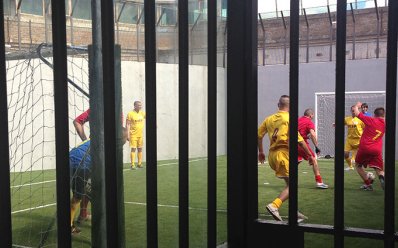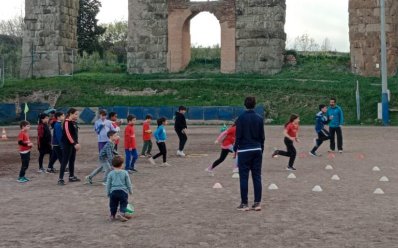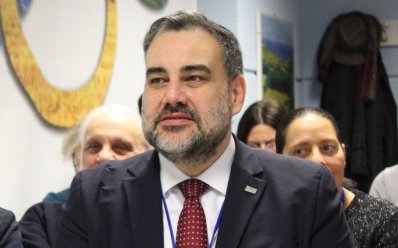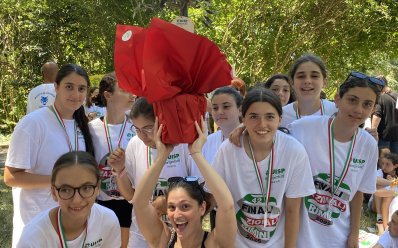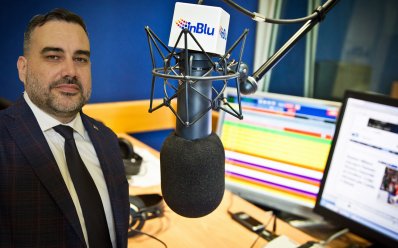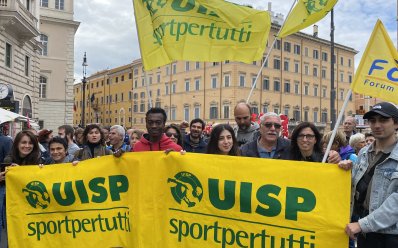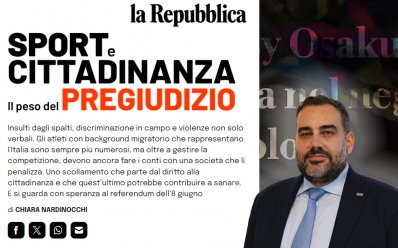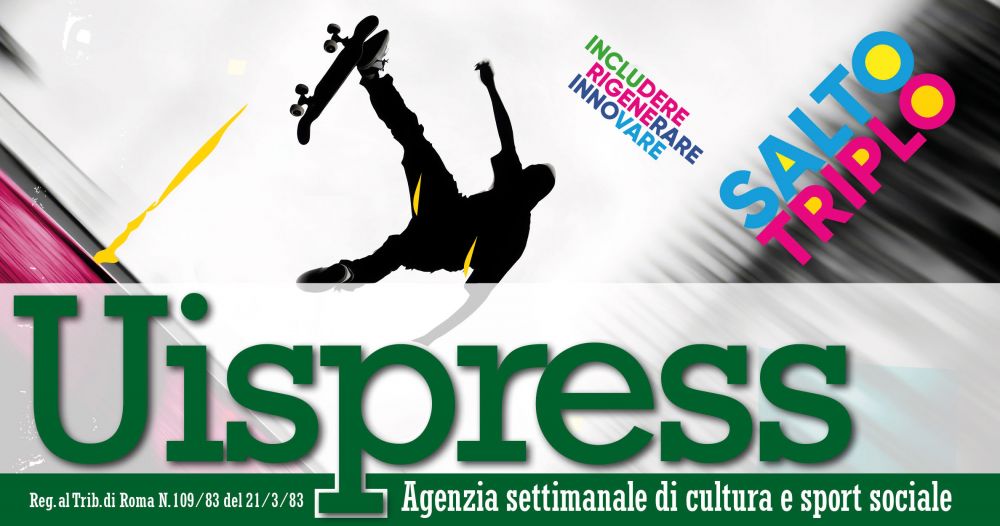Sport nelle carceri: l'Uisp nel progetto europeo PAC
Incontro ad Utrecht tra tutti i partner del progetto europeo #PAC -Prisoners Active Citizenship: un manuale raccoglierà le indicazioni conclusive
Proseguono i lavori del progetto europeo PAC-Prisoners Active Citizenship (Cittadinanza attiva per detenuti) finanziato dal programma Erasmus+ di cui l'Uisp è partner e coordinato dai Belgi di De Rode Antraciet. Il quarto incontro si è svolto venerdì 22 febbraio ad Utrecht ed è stato organizzato dal partner olandese Change & Culture.
I temi in discussione sono stati molteplici, a cominciare dall'analisi dei risultati delle learning areas a cui ogni singola organizzazione sta lavorando; questa attività viene svolta dalle ricercatrici della VUB-Libera Università di Bruxelles. L'Uisp ha scelto di lavorare in maniera specifica sulle esperienze di Milano e Roma, due realtà molto importanti e completamente differenti che permetteranno di capire quali siano le meotodologie più efficaci e come strutturare dei progetti strutturali ed efficaci. L'Uisp Lombardia ha deciso di concentrare l'attenzione sul moderno carcere maschile di Bollate a Milano, in particolare sull'attività portata avanti nel maneggio; questo permetterà di capire quanto il far parte di un circolo sportivo e avere un ruolo attivo nella cura del maneggio e dei cavalli possa influire sui processi di cittadinanza dei detenuti. L'Uisp Roma sta operando nel carcere femminile di Rebibbia (struttura molto più vecchia) dove sta valutando l'importanza delle attività sportive come uno strumento di partecipazione alla vita attiva da parte delle detenute.
L'incontro olandese è stata l'occasione per discutere la preparazione dei materiali finali: un manuale pratico (lavoro coordinato dall'associazione inglese Prisoners EducationTrust) e un insieme di raccomandazioni per associazioni ed enti locali (attività in capo all'associazione croata per il lavoro creativo), che verranno presentati nella loro forma di bozza a maggio a Milano il 18 maggio. Infatti, l'Italia ospiterà il prossimo incontro internazionale che si chiuderà con una conferenza aperta a tutti i nostri operatori e dirigenti. Un momento per confrontarsi e sperimentare i temi principali emersi dal progetto e legati all'importanza di rendere i detenuti cittadini attivi, portatori di diritti e in grado di essere responsabili per un cambio di vita, anche grazie alle attività proposte dalle nostre associazioni (maggiori informazioni sull'evento di maggio saranno disponibili nelle prossime settimane).
Infine, l'incontro di Utrecht è stato l'occasione per visitare il carcere giovanile di Lelystad destinato a ragazzi con problemi psichici. Interessante il progetto promosso dai partner olandesi: le attività di workshop formazione/lavoro e atelier artistici vengono svolti da anziani pensionati (molti dei quali in passato sono stati insegnanti). L'iniziativa ha il duplice scopo di ricreare un ambiente familiare per i ragazzi che vendono in queste persone dei nonni, instaurando con loro un rapporto di profondo rispetto e fiducia, e per fare in modo che gli anziani si sentano ancora parte attiva della comunità in cui vivono. (di Daniela Conti)
Traduzione in inglese dell'articolo (a cura di Daniela Conti):
The work of the European project #PAC (Prisoners Active Citizenship) funded by the @Erasmus + program, coordinated by the Belgians of @Derodeantraciet and where @UISP is a partner. The fourth meeting took place in Utrecht and it was organized by the Dutch partner @Change & Culture.
The topics under discussion were many, starting with the analysis of the results of the learning areas to which each single organization is working. This activity is carried out by the researchers of the @VUB in Brussels. UISP has chosen to work in two very important and completely different realities that will allow us to understand which are the most effective meotodologies and how to plan structural and effective projects. The @UISP Lombardia has decided to focus on the modern male prison of Bollate, in particular on the activity carried out in the riding school; this will make it possible to understand how being part of a sports club and having an active role in the care of horses can influence the prisoners' citizenship processes. The @UISPRoma is operating in the women's prison of Rebibbia (a much older structure) where it is evaluating the importance of sporting activities as an instrument of participation in active life by prisoners.
The Dutch meeting was an opportunity to discuss the preparation of the final materials: a practical toolkit (work coordinated by the English association @PrisonersEducationTrust) and a manual of policy recommendations (activity in charge of the Croatian association for creative work), which will be presented in their draft form in May in Milan. In fact, Italy will host the next international meeting that will end with a conference open to all our operators and managers on May 18th. A first moment to confront and experiment with the main themes emerged from the project and linked to the importance of making inmates active citizens, bearers of rights and able to be responsible for a change of life, thanks to the activities proposed by our associations (more information on the May event will be available in the coming weeks).
Finally, the Utrecht meeting was an opportunity to visit the juvenile prison in Lelystad for boys with mental problems. The project promoted by our Dutch colleagues is interesting: the activities of training / work workshops and artistic ateliers are carried out by retired elders (many of whom were teachers in the past). The initiative has the dual purpose of recreating a family environment for children who sell grandparents in these people, establishing a relationship of deep respect and trust with them, and to ensure that the elderly still feel an active part of the community in they live.

